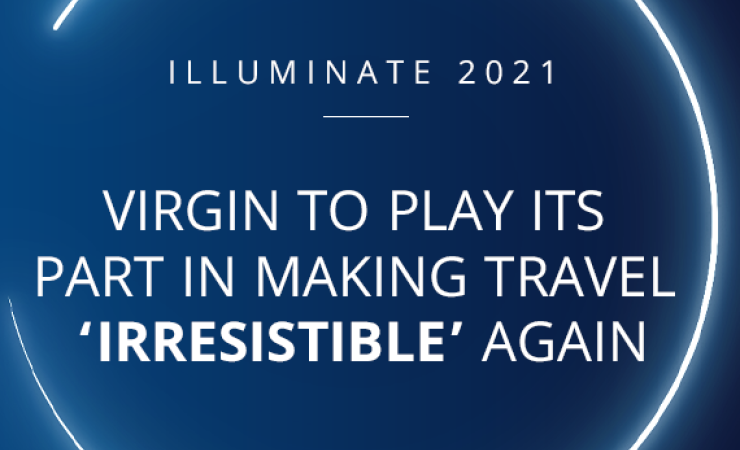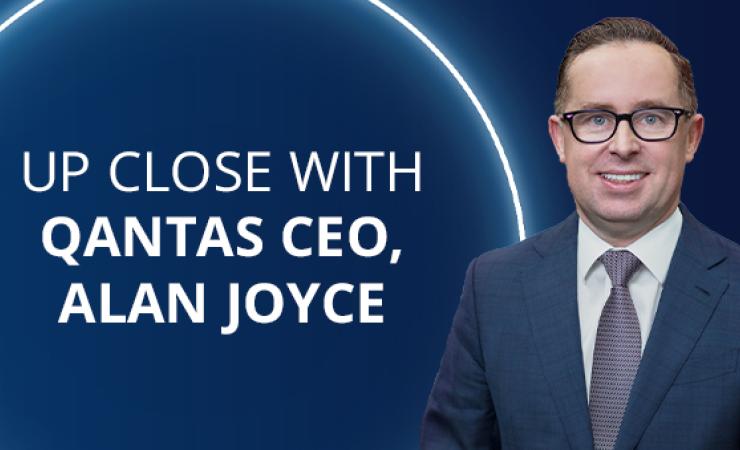Nothing compares to the real thing
Zoom served its purpose during the height of the COVID-19 pandemic. But now people just want to get back to all things face-to-face, personal and live. Especially when it comes to music and performances!
It’s 3.30pm in the afternoon and you’ve just spent five hours in back-to-back zoom meetings with various clients. Wonder why you feel so exhausted?
It’s not because you’re doing all the talking. Or that you can’t look away to gaze elsewhere while you ponder what’s being said. It’s because your senses are working overtime trying to pick up on the non-verbal cues. Which is hard because you can only see people's heads and shoulders through a screen.
Pre-Covid when face-to-face meetings were the norm, your senses would automatically be reading and interpreting the non-verbal cues subconsciously filtering into your brain to help you assess each person.
The non-verbal cues, according to human behaviour specialist and global social commentator Dan Gregory, are important tools people tap into to weigh up what they think about other people in order to establish a connection and build trust.
The Co-founder of The Behaviour Report, believes that a speedy return to face-to-face interaction is critical for people on a social and personal level, and a key ingredient for business recovery. He says face-to-face interactions are what helps people at all levels and roles within the corporate hierarchy establish trust, connection and engagement.
“If you think about the way we conduct major business deals or sales, traditionally in the corporate world a lot of these sales are done by breaking bread. We have a conversation over a meal or coffee or over a drink,” he says.
The reason we do this, is because we are not listening to everything someone says in their sales pitch … we’re assessing their character, looking at the food they eat and the drinks they order, looking at how they treat the wait staff or members of their own team.
“In other words, it's critical to look at behaviours to build a sense of trust and that requires being able to eyeball people and take in those non-verbal cues.
Dan, who is also the CEO of the Impossible Institute, says the lack of personal interaction within workplaces due to Covid is fracturing workplace culture, because people can’t draw inspiration from each other as easily as they did over a casual chat.
The lack of physical interaction between employees due to Covid-safe strategies is also being blamed for weakening employees’ sense of community and unity.
“For example, a large organization that has split a team of 20 people into different groups to mitigate the risk of the whole team going down with COVID, are now finding cultural divisions within teams,” he says.
“In this instance the culture hasn't been developed. Culture and teamwork aren’t just manufactured in teambuilding exercises. Culture and connections are often built over incidental conversations. Those random conversations and accidental collisions you have during a break or as part of drinks after work - that is where connections and relationships are formed. It's also where innovation and productivity happens.”
Dan linked the unwinding of culture within corporate organisations to a drop in engagement.
“If culture becomes unwound, engagement starts to drop as well,” Dan says.
The lack of face-to-face and relationships beyond the professional relationship means people aren’t forming the same close bonds as they used to. Those friendships that build bonds, strengthen us from a business point of view, aren’t happening right now like they used to and companies risk losing people because of it.
Dan says the more businesses can connect with their employees and their customers through face-to-face meetings and interactions, the easier it is for people to establish trust in people.
“Face-to-face allows us to feel more positive and that leads to great productivity and engagement.”

